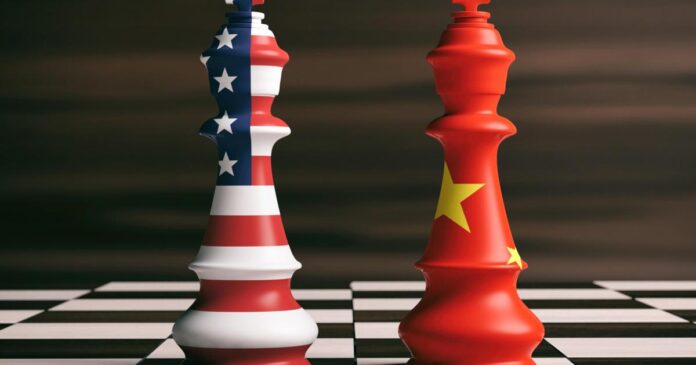WASHINGTON: Chinese Foreign Minister Wang Yi assured U.S. executives during a videoconference on Sunday that Beijing remained committed to the Phase 1 trade deal with the United States, the head of the US-China Business Council said.
“He definitely re-committed. On the Chinese side, it’s all systems go. They will fulfill their commitments,” US-China Business Council President Craig Allen told Reuters on Monday.
Wang’s comments to the business group come amid recent moves by the government of outgoing U.S. President Donald Trump to crack down on Chinese military companies and box incoming President-elect Joe Biden into hardline positions on Beijing.
The US-China Business Council, which represents 240 companies doing business in China, said it was pleased with Beijing’s progress in implementing policy changes under the trade deal signed in January, although China had fallen short of targets for increased purchases of U.S. goods and services.
As of October, Beijing’s purchases of U.S. goods and services, specified in the Phase 1 deal at $75.5 billion for 2020, were about half the level they should be on a pro-rated annual basis, according to the Peterson Institute for International Economics.
“They are behind, but it’s a two-year agreement,” Allen said. “This has been a successful agreement in terms of changing China’s policies that prevented a level playing field. But it’s not complete. It’s not finished, that’s what Phase 2 is about.”
Allen said members of the council’s board pressed Wang on continued concerns about equal treatment of U.S. companies, visa concerns and intellectual property rights, adding his hope that the world’s two largest economies will start negotiations on a Phase 2 agreement without delay after U.S. President-elect Joe Biden takes office on Jan. 20.
The U.S. executives met for over an hour via videoconference with Wang and other Chinese officials. Such meetings generally take place every year and are normally in person, he said.
Wang said little about the Phase 2 negotiations, which will by led by Vice Premier Liu He, Allen said.
Allen said Wang was “very forthcoming and replied to our concerns very clearly.” Wang told the group there were over 100,000 U.S. companies in China, and a lot were doing very well.
He said the group was keen to ensure that U.S. companies are able to expand their access to their most important market, given China’s middle class of around 400 million people, and the fact that it will generate 30% of global growth in coming years.




